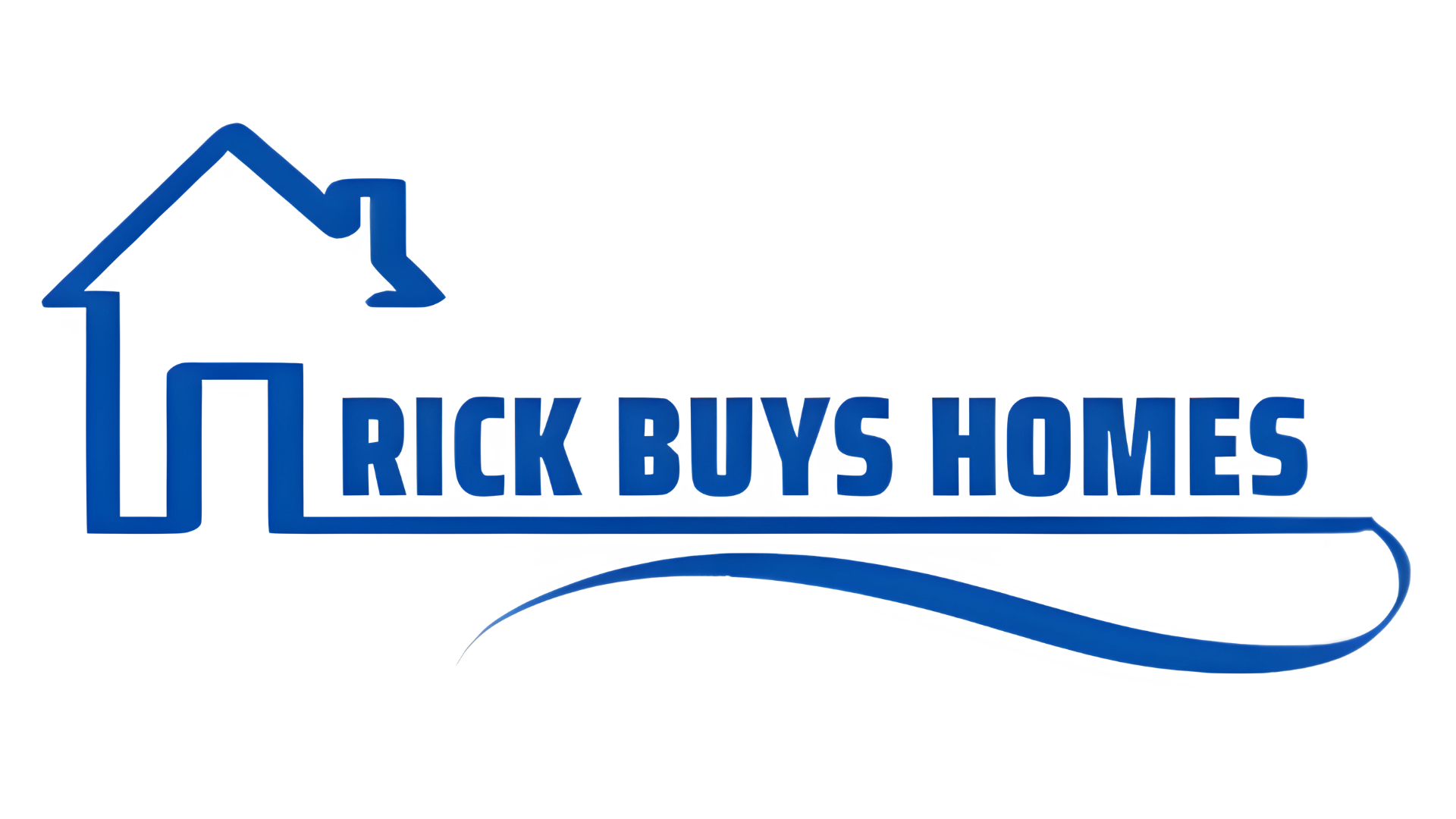Rent-to-own arrangements offer a unique and flexible path for individuals looking to buy or sell a home. This innovative real estate strategy benefits both buyers and sellers by providing opportunities that traditional buying and selling methods may not offer. In regions like Pittsburgh, PA, Washington, PA, and surrounding areas like Canonsburg, such arrangements have gained popularity, reflecting a growing trend towards more adaptable home acquisition and selling strategies. This article delves into the benefits of rent-to-own agreements for both parties involved, emphasizing how they align with various needs and circumstances.
For Homebuyers
1. Ease of Entry
Rent-to-own arrangements in regions such as Pittsburgh and Washington, PA, present a compelling proposition for prospective homebuyers navigating financial constraints that impede immediate property acquisition. The conventional route to homeownership typically entails substantial upfront expenses, encompassing down payments and closing costs, which can serve as formidable obstacles for individuals and families alike. Rent-to-own solutions represent a pragmatic alternative, allowing buyers to initially inhabit a property as tenants with the eventual option to purchase, thereby facilitating a more gradual and manageable financial transition into homeownership. This approach not only mitigates the immediate financial burdens associated with traditional home purchases but also provides a structured pathway towards property ownership, empowering individuals to realize their homeownership aspirations without undue strain on their financial resources.
2. Credit Score Improvement
Rent-to-own agreements offer a particularly attractive avenue for prospective buyers grappling with less-than-optimal credit scores. This structured approach affords them the invaluable opportunity to concurrently reside in the property they aspire to own while diligently working towards improving their credit standing. Through consistent and timely rental payments, individuals in these circumstances can effectively showcase their financial reliability and commitment, thereby bolstering their creditworthiness throughout the rental period. This proactive effort not only enhances their eligibility for securing a mortgage but also underscores their capacity for responsible financial management, positioning them favorably in the eyes of lending institutions when the time comes to transition from renter to homeowner. Consequently, rent-to-own arrangements serve as a strategic mechanism for individuals to overcome credit-related hurdles and ultimately realize their homeownership aspirations with confidence and integrity.
3. Locking in a Purchase Price
Amidst the dynamic landscape of the real estate market, rent-to-own agreements present a notable advantage by providing buyers with the opportunity to secure a purchase price at the initiation of the lease. This strategic maneuver serves as a safeguard against the unpredictability of market fluctuations, effectively shielding the buyer from potential escalations in property prices throughout their lease term. By establishing a fixed purchase price at the outset, individuals can mitigate the risk of encountering inflated costs down the line, thereby instilling a greater sense of stability and predictability into their financial planning endeavors. This preemptive measure not only fosters peace of mind for the buyer but also enhances their ability to budget and strategize effectively, as they can confidently anticipate the financial parameters of their future home purchase. In essence, rent-to-own contracts function as a prudent mechanism for navigating the uncertainties of the real estate market, enabling buyers to make informed decisions and secure their desired property at a favorable price point.
For Sellers
1. Expanded Buyer Pool
Presenting a property as available for rent-to-own arrangements can strategically broaden the spectrum of prospective buyers. Sellers operating within markets such as Pittsburgh and Canonsburg stand to benefit from accessing a diverse pool of individuals who harbor the desire to transition into homeownership but are presently constrained by temporary financial impediments. By extending this alternative purchasing option, sellers effectively cater to a segment of the market that may otherwise remain untapped, thereby augmenting the likelihood of attracting interested parties in a timelier manner. This expanded reach not only enhances the visibility of the property but also accelerates the process of securing a buyer, consequently diminishing the duration that the property remains listed on the market. In essence, by embracing the rent-to-own approach, sellers can optimize their selling strategy, capitalize on a broader audience of potential purchasers, and expedite the transaction process with greater efficiency and efficacy.
2. Continuous Income Stream
Sellers stand to gain several significant advantages through the implementation of a rent-to-own arrangement. Firstly, they benefit from a reliable and consistent income stream derived from the rental payments made by the tenant-buyer. This steady influx of funds is especially beneficial for sellers who have transitioned to another property and require ongoing financial support to cover mortgage payments on the rent-to-own home. By ensuring a continuous flow of income, sellers can effectively mitigate the financial strain associated with maintaining multiple properties concurrently.
Moreover, the non-refundable option fee paid by the rent-to-buyer to secure their future purchase rights represents an immediate financial boon for the seller. This upfront payment provides an infusion of capital that can be utilized to offset various expenses associated with property ownership or to facilitate the transition to a new residence. Whether earmarked for property maintenance, mortgage obligations, or other financial commitments, the option fee bolsters the seller’s financial position and offers tangible benefits from the outset of the rent-to-own agreement.
Rent-to-own arrangements furnish sellers with a dual advantage: a dependable income stream to support ongoing financial obligations and an immediate financial boost through the non-refundable option fee. These financial incentives underscore the appeal of rent-to-own agreements for sellers, offering a pragmatic and lucrative means of managing their property assets while maximizing financial returns.
3. Maintained Property Condition
Rent-to-own buyers inherently approach their leased property with a distinct sense of ownership, viewing it as a prospective future asset rather than merely a temporary residence. This unique perspective often translates into a heightened level of attentiveness and diligence towards property maintenance and upkeep, surpassing the typical standards observed among traditional renters. Motivated by the prospect of eventual ownership, rent-to-own occupants are inclined to invest time, effort, and resources into preserving the condition and aesthetic appeal of the home.
This heightened sense of stewardship yields tangible benefits for the seller, as it effectively minimizes wear and tear on the property over the lease term. By actively participating in the preservation of the home’s condition, rent-to-own buyers contribute to the reduction of maintenance requirements and associated costs for the seller. This proactive approach not only extends the longevity of the property but also enhances its market appeal, thereby safeguarding the seller’s investment and optimizing its resale value.
The innate inclination of rent-to-own buyers towards diligent property maintenance serves as a mutually beneficial arrangement, fostering a symbiotic relationship between buyer and seller. Through their conscientious efforts, rent-to-own occupants not only uphold the integrity of the property but also alleviate the seller’s financial burden by minimizing maintenance expenses. This collaborative dynamic underscores the value proposition of rent-to-own agreements, offering a pragmatic solution for both parties to achieve their respective goals in a mutually advantageous manner.
Considerations for Both Parties
While rent-to-own offers numerous benefits, both parties should approach these agreements with thorough understanding and consideration. Essential to the process is a clear, legally binding contract that outlines the terms of the rent-to-own agreement, including the purchase price, rental period, and responsibilities of each party. Companies and individuals specializing in rent-to-own and home buying, such as “Rick Buys Homes” in Pittsburgh, PA, and other cash home buyers, offer valuable resources and expertise in navigating these agreements.
For buyers, it’s crucial to conduct due diligence on the property and seller, ensuring that the terms of the agreement are fair and that the property is in good condition. Sellers, on the other hand, should vet potential buyers to ensure they are serious about purchasing the home and have a plan to improve their financial standing if necessary.
Conclusion
Rent-to-own arrangements offer a flexible, beneficial path for both homebuyers and sellers, providing an alternative route to homeownership that accommodates various financial situations and market conditions. Especially in areas like Pittsburgh, Washington, PA, and Canonsburg, where the housing market can vary significantly, rent-to-own opens up opportunities for individuals who might otherwise be excluded from the traditional home-buying process. With proper understanding, preparation, and the right partners, rent-to-own can be an advantageous strategy for achieving real estate goals.

About Rick Hodge
Transitioning from the coal industry and weld inspection to the realm of real estate, Rick has established ‘Rick Buys Homes’ with a mission to render homeownership attainable through rent-to-own arrangements. His dedication lies in assisting families in realizing the American Dream. Feel free to connect with him here.

